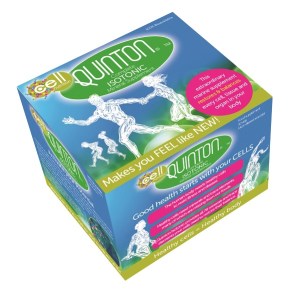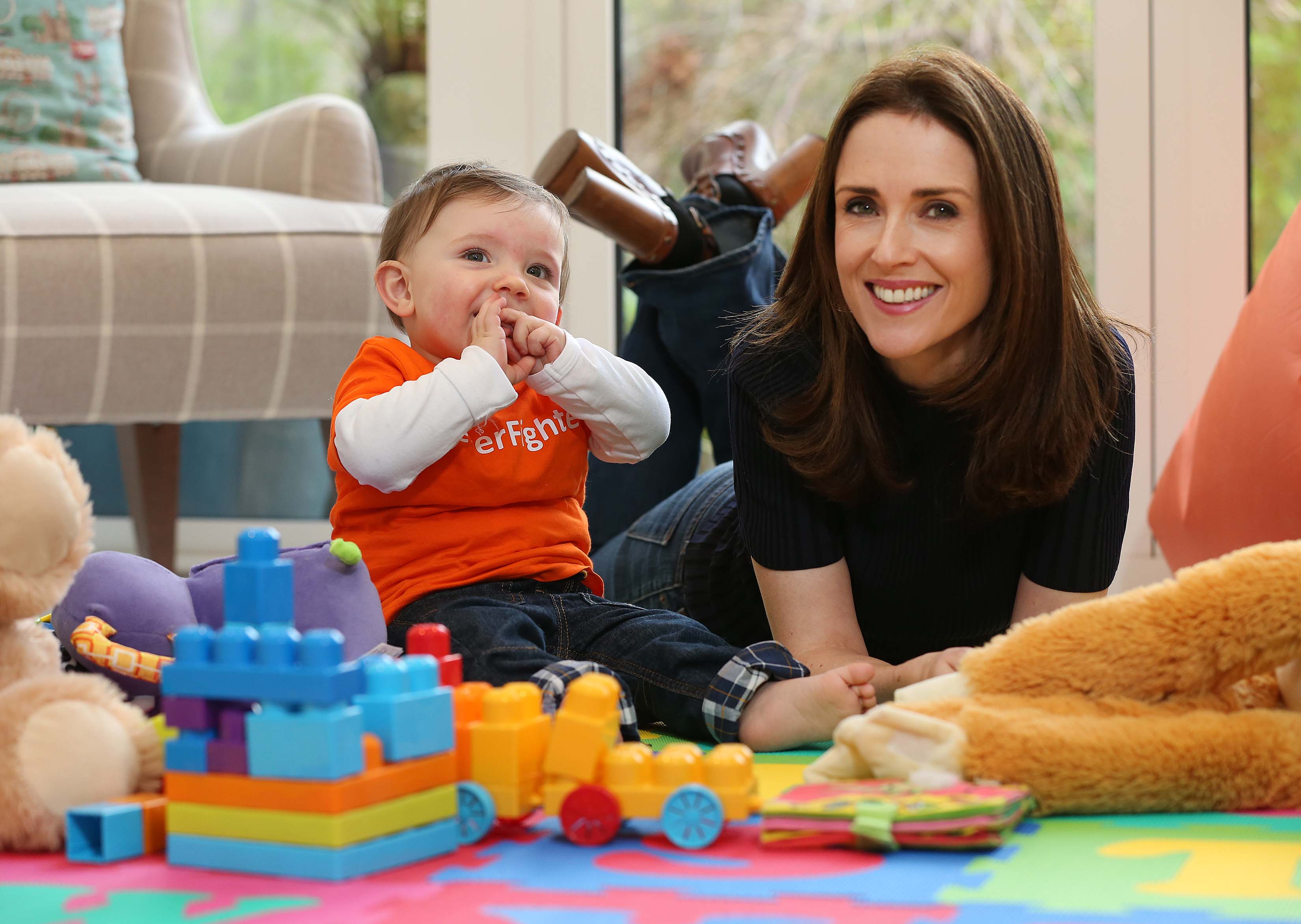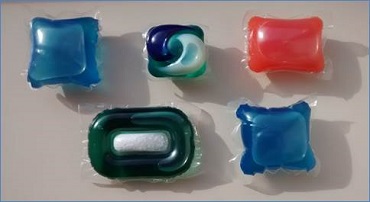Survey reveals new Mums are unsure of what to do when their baby is sick
- 27% of first time Mums lack an understanding of what they should do when their baby is unwell; almost one third struggle to understand what their baby’s cry means
- Almost half of new Mums do not know what temperature a fever begins
- Nurofen for Children has teamed up with Lucy Kennedy to launch its second annual #FeverFighter campaign to inform and empower new Mums
Research by Nurofen for Children has found that 27% of new Mums lack an understanding of what to do when their baby is unwell and often rely on friends and family for advice. Furthermore, a third (30%) of new mums lack confidence when it comes to understanding what their baby’s cry means. Whether its hunger, tiredness or pain, first time mums find it difficult to identify what is causing the cry. When seeking advice on caring for an ill baby, almost a third of respondents (28%) go to their own mother, while 18% look for recommendations from either their GP or online sources and 12% seek the advice of a pharmacist. Mother-in-laws are a less popular source of advice, however, with just 1% of first time mums turning to them for advice!
The survey, commissioned by Nurofen for Children, the pain and fever relief brand, was carried out among 400 first time mothers and informed its #FeverFighters campaign. The research also revealed that almost half of the new mums surveyed (49%) do not know what temperature constitutes a fever (dr. Sinead Beirne suggests above 37.8°C), a quarter thought it was lower and 24% said it was above that figure.
When asked what the most challenging things were about becoming a new Mum, over a third of respondents said lack of sleep (39%) was the most challenging, an issue that is exacerbated when caring for a child that is suffering from a fever. It can be common for baby’s sleep pattern to be irregular while ill, which means mums sleep is also affected. Other challenges new mothers encounter is finding time for themselves (16%) and juggling finances (10%).
In response to the survey’s findings, Nurofen for Children launches the #FeverFighters campaign with TV presenter, Lucy Kennedy as ambassador, who welcomed her third child in to the world just before Christmas and GP Dr. Sinead Beirne. The #FeverFighters campaign has been created to help parents, and in particular first time parents, understand the facts and dispel the myths surrounding fever and effective fever management. This is the second year that Nurofen for Children has rolled out this campaign as the brand is very committed to equipping mums with information and support to help create peace of mind and confidence when treating their child at home.
Lucy Kennedy comments: “As a mum of three, including a brand new baby, I totally understand how stressful and worrying it is when your baby gets sick. I think it’s hardest for first time Mums in particular. I remember it well, feeling very vulnerable and constantly questioning whether I was doing the right thing. The #FeverFighter campaign aims to equip Mums with the information they need on how to effectively manage a fever at home. By taking a step-by-step approach, Mums can not only reduce the symptoms of fever but enable their baby to enjoy their day or a good night’s sleep. Also I want to reassure fellow Mummies that they are not alone when it comes to their worries and insecurities, especially when a baby is sick, we all feel the exact same way. I really hope that they find the information from the campaign helpful and feel a little more confident when caring for their babies when they are ill – Mummies United!”
Dr. Sinead Beirne’s Top Tips for Effective Fever Management
As part of the #FeverFighters campaign Dr. Sinead Beirne has devised her top tips for effective fever management:
- KNOW WHAT CONSTITUTES A TEMPERATURE
Your baby’s normal temperature range is between 36°C – 36.8°C. A fever is seen as a temperature over 37.8°C on more than one consecutive reading. - COOL BABY DOWN
Cool the baby down by stripping them to their vest and / or placing them in a bath of lukewarm water. This may actually help to reduce your child’s fever – make sure the water doesn’t get too cold.
- MEDICATE AT HOME
You can medicate your baby effectively at home. Ibuprofen can be given to babies over 3 months or babies weighing over 5kgs. Paracetamol can be used from 2 months. Parents should always read the label of any medicine before giving it to their children.
- HYDRATION IS KEY
Keep the baby well hydrated with fluids. If they have been vomiting you need to rehydrate slowly. A tip I tell parents is to give a teaspoon of fluid for every commercial break, if you’ve got the TV on. Ice pops can be helpful too as well as ice cream!
- SLEEP PATTERNS
Try not to bundle your baby up in blankets or extra clothes at bed time, as you don’t want to increase the body temperature. I suggest using a baby sleep bag and just one layer of light clothing, like a vest, so no need for pyjamas too.
- SEEKING HELP
If your baby is under 3 months and has a definite temperature you should make arrangements to see a doctor. If baby is over 3 months and their temperature stays above 38.5°C despite treatment; or rises to 39°C-40°C and if a fever lasts longer than 2 days, you should make arrangements to see your doctor.
Remember, most temperatures can be managed safely at home. However, your child should see a doctor if they have a spreading rash, headache, poor colour, limping, stiff neck or a reaction to bright light.
Disclaimer Lucy Kennedy or Dr Sinead Beirne do not endorse any medication brands.
Ibuprofen or paracetamol based medications can be used to treat pain and fever. Nurofen for Children contains ibuprofen, which provides effective pain and fever relief for children from 3 months and weighing over 5kg. Nurofen for Children starts to work in 15 minutes to reduce fever and can last up to eight hours, helping baby and mum get relief during the day or night when baby is unwell. Paracetamol based medications can be used in infants 2 months and over.




